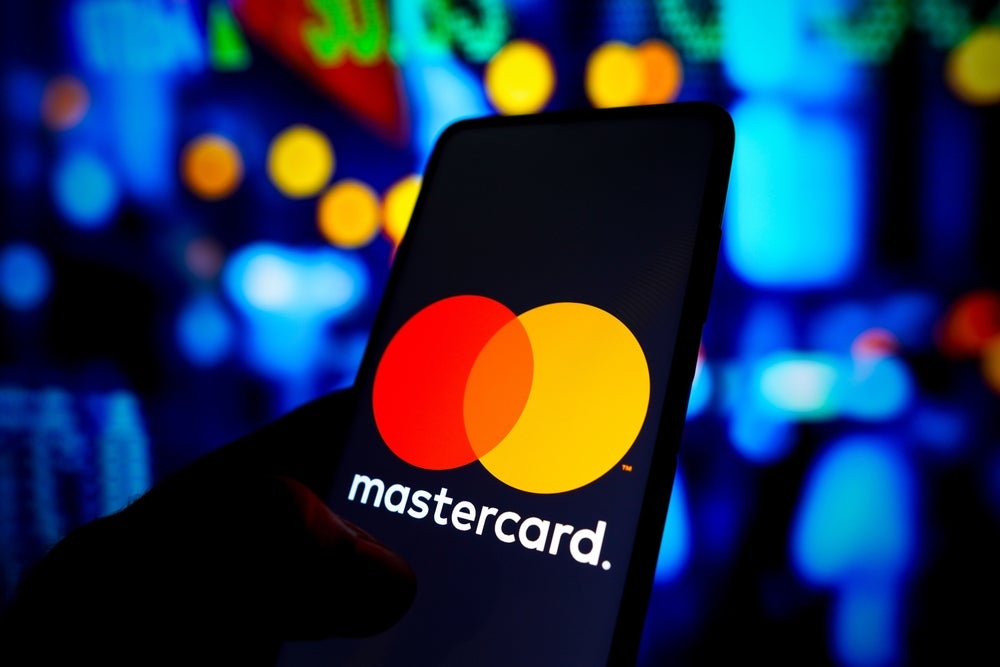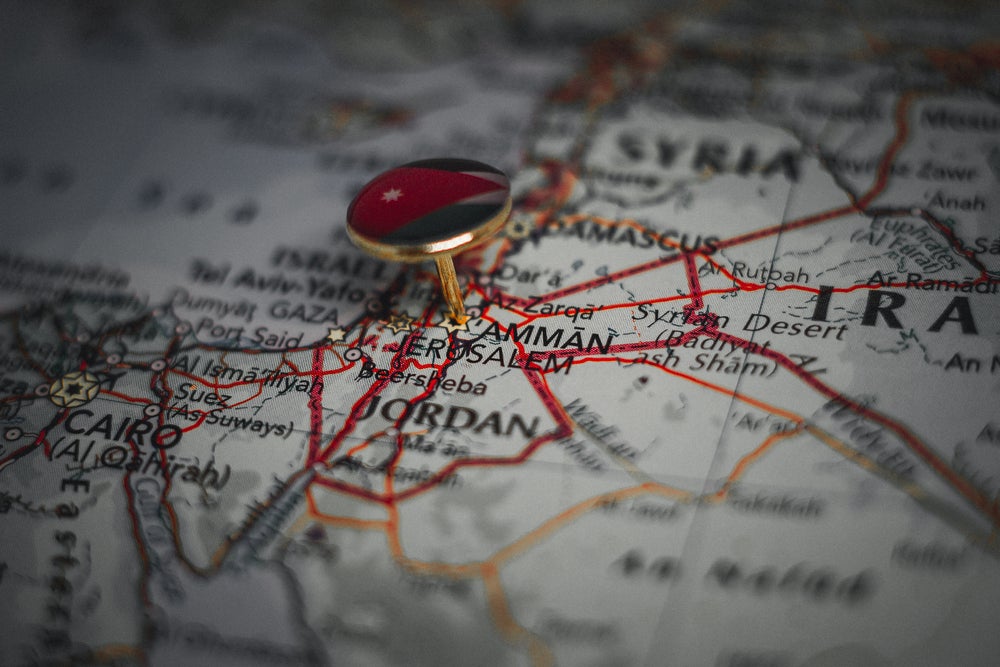A major chunk of the mobile payments industry
usually looks at Nigeria or Kenya as case studies.
Now Rwanda seems to emerge as the next market
to keep an eye on, if reports in the local media are anything to go
by.
The money flow
of mobile payments remittances was Rwf45bn (USD 75.6m) as of the end of December; while
the mobile telephone subscriber base increased from 2.43m in 2009
to 4.44m as of December 2011, equal to an increase of 83%.
And there is
major opportunity to grow: By the end of December, 424,326
people actively used mobile money transfer services – this is only
9% of the total mobile phone subscriber base.
Now, Rwanda’s government has taken the
hint and is getting serious about mobile money remittances.
Rwanda’s Ministry of Information and
Communications Technologies (ICT) launched at a one-month long
campaign aimed to raise awareness of the opportunities and benefits
of mobile money transfer at the beginning of February.
How well do you really know your competitors?
Access the most comprehensive Company Profiles on the market, powered by GlobalData. Save hours of research. Gain competitive edge.

Thank you!
Your download email will arrive shortly
Not ready to buy yet? Download a free sample
We are confident about the unique quality of our Company Profiles. However, we want you to make the most beneficial decision for your business, so we offer a free sample that you can download by submitting the below form
By GlobalData
Big plans
The campaign intends to encourage new services
such as the purchase of prepaid electricity and TV subscriber
credits.
The campaign is supported by various stakeholders, such as the
Rwanda Development Board, financial institutions, telecom companies
and local government leaders.
Mobile money transactions are still subject to
regulations and telecommunication companies need permission from
the Rwanda Utilities Regulatory Agency (RURA) before offering the
services to the public.
Albert Kinuma, the head of mobile money at MTN, told local
media:
“I believe this is a very important initiative. Getting the
support of the minister and stakeholders is highly valuable to the
industry. We have done well in the development of the mobile money
services so far.
The campaign currently focuses on four
districts (Kamonyi and Kayonza, and soon Rubavu and Musanze).
Besides regular consumers, the target segment also includes local
government and business communities.
Rwanda in perspective
Rwanda has a comparatively low GDP but showed
promising growth figures of 7.5% in 2010 – higher than Kenya, which
saw its GDP growth fall to 2% in 2008 and recover to only 5% by
2009.
The country’s population and labour force are
relatively small (5.1m out of a population of 10.31m in 2009), the
Cards and Payments Datatool shows.
But the labour participation rate is higher
than in Kenya and Nigeria, which had a rate of only 56% compared to
Rwanda’s 86% and Kenya’s 82%. Rwanda’s labour participation rate
also showed a small growth over the past few years whereas it
remained steady in the other two countries.
Of course, one month is not enough to change
the current status significantly, but it is a good start to tap
into a market that has long been discovered by the payments
industries of Nigeria and Kenya.







